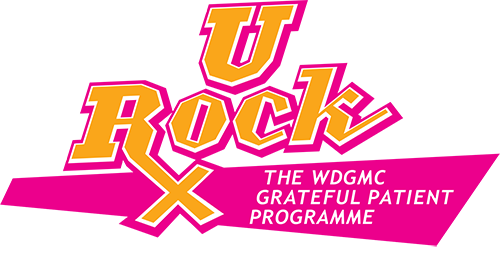
Written by: Dr Kgomotso Mathabe (Part 4 of 4)


Infection with the Human Immunodeficiency Virus (HIV) is now considered as one of the chronic diseases and no longer the death sentence that it was a few years ago. The increases in knowledge and understanding about this infection have led to a change in the national policy on its treatment. As have the availability of an ever improving treatment regimen.
Infection with HIV leads to AIDS (Acquired Immunodeficiency Syndrome) which leads to progressive weakening of the immune system. This is turn creates an environment within the human body where life-threatening opportunistic infections and certain cancers can thrive.
HIV infection is acquired through three main routes, with the most common route being sexual contact. The other two routes are mother-to-child transmission also known as vertical transmission, as well as through exposure to infected body fluids for example in the sharing of needles amongst intravenous drug users as well as blood transfusions.
HIV infection has three main stages; acute infection, clinical latency and finally AIDS.
Following contact with HIV during seroconversion the patient may present with non-specific flu-like symptoms whose significance is often missed. These symptoms and signs will be present in at least half of people within two to four weeks following exposure to the HIVirus. These will last for a week or two.
This period of acute infection, is then followed by a period of clinical latency. Untreated this phase can last between three and twenty years, on average it lasts eight years. During this phase there is nothing essentially wrong with the patient, they are free of symptoms. Towards the end of this phase as they enter the stage of AIDS, they may present with fever, malaise, weight loss, gastrointestinal complaints as well as persistent lymphadenopathy.
Within the urological system, HIV itself can cause symptoms and signs, as can its treatment.
Treatment with indinavir can lead to the formation of renal calculi. There is also the potential risk for surgeons who operate on patients with HIV infection. In this setting Universal Precautions such as the use of double gloving, plastic aprons, visors and masks; as well as Post Exposure Prophylaxis (PEP) play a critical role.
As patients with HIV and AIDS are now getting life prolonging treatment, certain ethical dilemmas will present to urologists. We will now be faced with such questions as what to do if a patient who is HIV positive seeks medical attention for erectile dysfunction or infertility?
With the currently available treatment regimens including from the state, HIV/AIDS is becoming one of the chronic diseases which patients and their doctors will live with and manage in the long-term. The impact and influence on the urological system will demand a watchful eye from urologists.
Find Doctors, Services, Specialities